Meanwhile, officials from several countries continue to debate the legality of using the money sent to Ukraine.
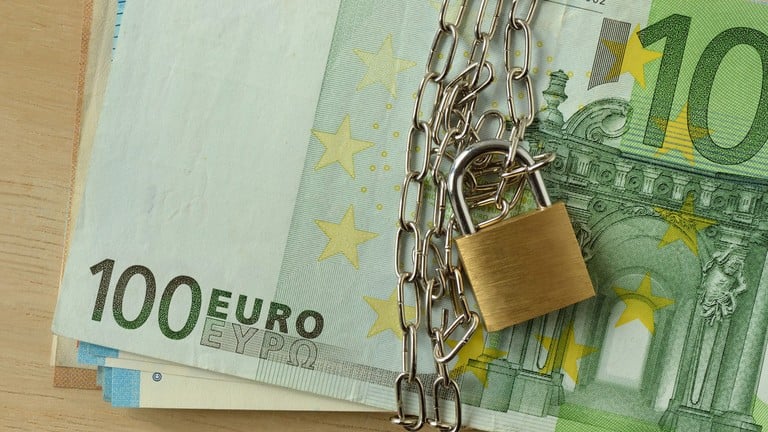 |
| The idea of using frozen Russian assets has recently gained renewed attention as allied aid to Ukraine becomes increasingly uncertain. (Source: Getty Images) |
During meetings at the World Economic Forum (WEF) 2024 in Davos, Switzerland, recently, Ukrainian President Volodymyr Zelenskyy called for a “stronger” decision this year to freeze Russian assets in Western banks “towards the reconstruction of Ukraine”.
The idea of using frozen Russian assets has recently gained new attention as allied aid to Ukraine becomes increasingly uncertain.
Biden administration officials have previously dismissed the legal complexities, but have recently been more open.
Penny Pritzker, the US special representative for economic recovery in Ukraine, said at WEF 2024 that the US and the Group of Seven (G7) are still looking for a suitable legal framework to pursue this plan.
“Let's get all parties together to really work on that,” she said. “It's difficult, it's complicated, and we need to work on it.”
EU is about to have a new decision
Commenting on the seizure and use of Russian assets, Nicholas Mulder, a sanctions expert at Cornell University (USA), warned that this could have the unintended effect of undermining efforts to secure long-term funding for Ukraine.
“At present, the use of Russian assets to send to Ukraine is being promoted by Washington as an alternative, not as a long-term supplement. If the assets are transferred, this money will sooner or later run out,” he said.
Meanwhile, a senior EU official said: “The seizure of Russian assets will not happen. There is no agreement on this issue among the member states of the bloc because such a seizure of sovereign assets is unprecedented. This could make investors from all over the world worried that their money will not be safe in the EU."
Sharing the same view, Belgian Finance Minister Vincent van Peteghem told reporters: “We need to be very careful with that proposal. I think it is important that what is put on the table is legally sound and that we avoid any impact on financial stability.”
Another concern among some senior Western officials is that seizing Russian assets invested in government bonds denominated in dollars, euros and pounds could undermine the willingness of central banks to support each other's reserves.
The bulk of the assets – essentially securities that the Russian Central Bank has invested in – are frozen at Euroclear, a depository based in Brussels, Belgium. Belgian Prime Minister Alexander De Croo is not opposed to the seizure of frozen assets, but he stressed that “there needs to be a clear mechanism.”
"We do not say no to the seizure of assets. But we need to work on a mechanism. For example, they can be used as collateral to raise funds for Ukraine. We are ready to discuss further and are ready to participate in a solution to find a legal basis for such transfers to Ukraine without destabilizing the global financial system," the Belgian Prime Minister stated.
However, according to the latest information from Bloomberg news agency, the EU is moving forward with plans to impose surprise taxes on income generated from frozen Russian assets. The bloc's foreign ministers approved the tax plan on January 21 and the bloc's ambassadors will discuss this step later this week.
The bloc's ambassadors are expected to give the green light to the decision, the news agency said. The bloc will first accumulate the funds in a separate account and then use them for financial operations in Ukraine.
Next week, leaders of the 27-member bloc are expected to meet and discuss a new financial aid package for Kiev.
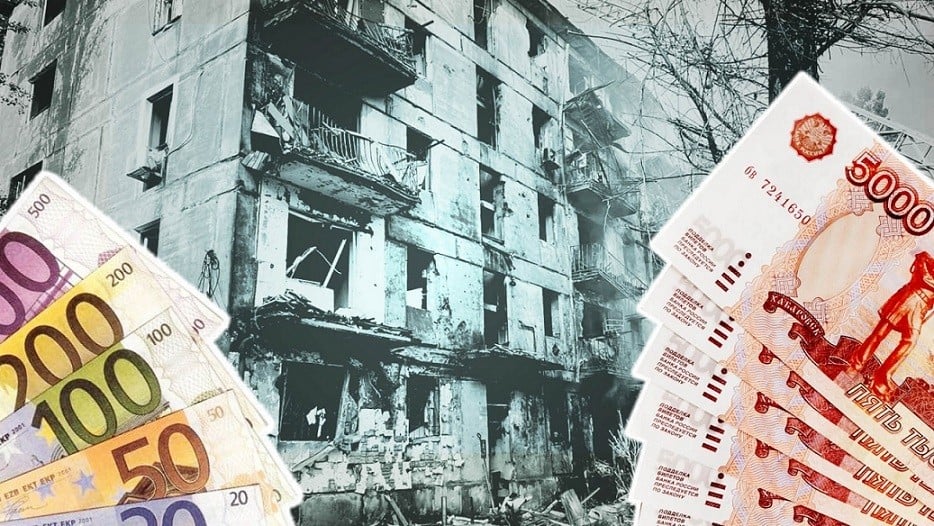 |
| Ukraine is desperately trying to 'spend' Russia's money, urging the US and EU, how will the allies respond? (Source: FT) |
"Not a panacea"
The World Bank (WB) estimates the cost of reconstruction and recovery of Ukraine at 411 billion USD over the next 10 years, including the need for public and private capital.
Since the start of the special military operation in February 2022, Washington has provided Kiev with about $111 billion in weapons, equipment, humanitarian assistance and other aid. Other countries have also provided the country with significant support.
But as we enter this year, many experts see the US unlikely to provide significant financial and military aid to Kiev in the near future. Earlier this month, the White House said there was “no money” for a new aid package for Ukraine. And the US State Department said Washington would support Kiev but not necessarily at the level it would in 2022 and 2023.
So far, the US Congress has not approved additional funding for Ukraine as President Joe Biden has proposed. And whether Europe has the capacity to replace Washington as Ukraine’s main supporter remains an open question.
White House budget director Shalanda Young said that while the possibility of seizing Russian assets is being studied, the issue would not have an immediate impact on Ukraine's financial needs.
“The frozen Russian assets could be of future benefit to Kiev. I think we should take that seriously,” Young said.
Penny Pritzker, the US special representative for economic recovery in Ukraine, said it would be a mistake to think that this (using Russian assets to support Kiev) is a "panacea" for Ukraine. "There have been discussions on this issue, but it is far from conclusive," she stressed.
Source


![[Photo] General Secretary To Lam visits exhibition of achievements in private economic development](https://vphoto.vietnam.vn/thumb/1200x675/vietnam/resource/IMAGE/2025/5/18/1809dc545f214a86911fe2d2d0fde2e8)


![[Photo] More than 17,000 candidates participate in the 2025 SPT Competency Assessment Test of Hanoi National University of Education](https://vphoto.vietnam.vn/thumb/1200x675/vietnam/resource/IMAGE/2025/5/17/e538d9a1636c407cbb211b314e6303fd)
![[Photo] National conference to disseminate and implement Resolution No. 66-NQ/TW and Resolution No. 68-NQ/TW of the Politburo](https://vphoto.vietnam.vn/thumb/1200x675/vietnam/resource/IMAGE/2025/5/18/adf666b9303a4213998b395b05234b6a)

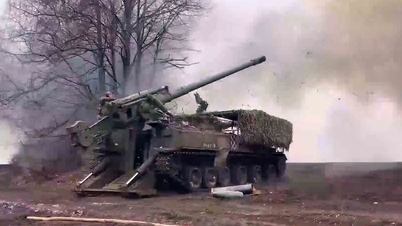


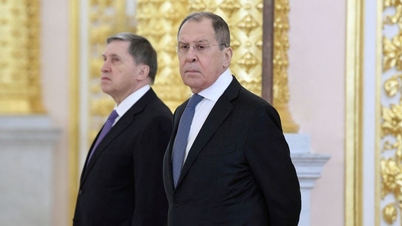

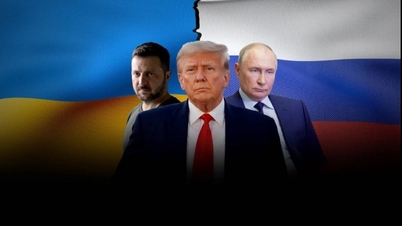
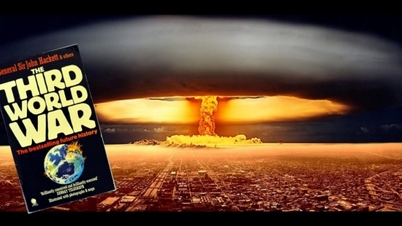

















![[Photo] Prime Minister Pham Minh Chinh chairs meeting on science and technology development](https://vphoto.vietnam.vn/thumb/1200x675/vietnam/resource/IMAGE/2025/5/17/ae80dd74c384439789b12013c738a045)

















































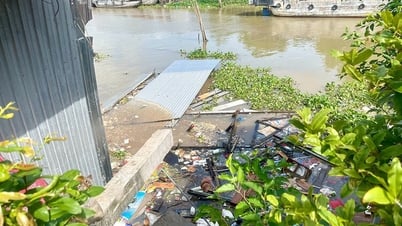














Comment (0)